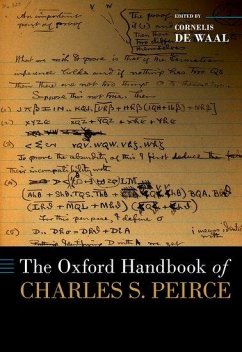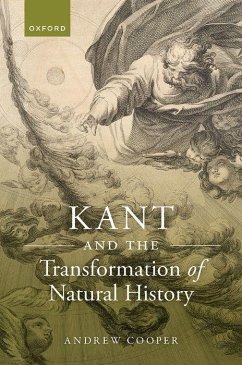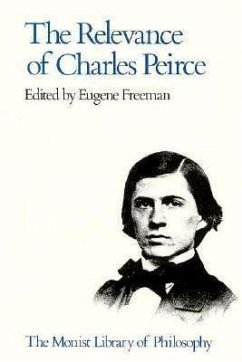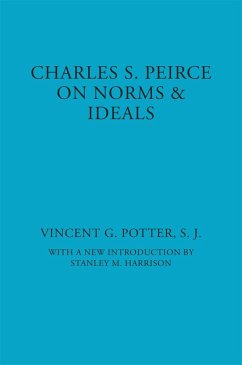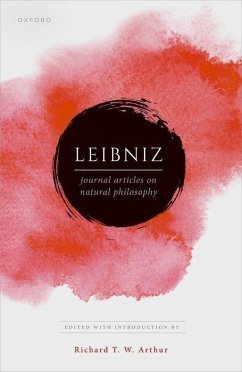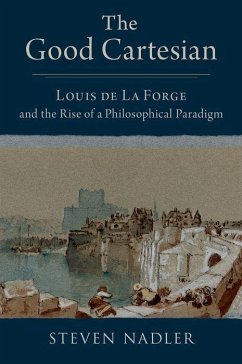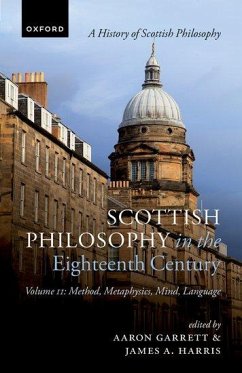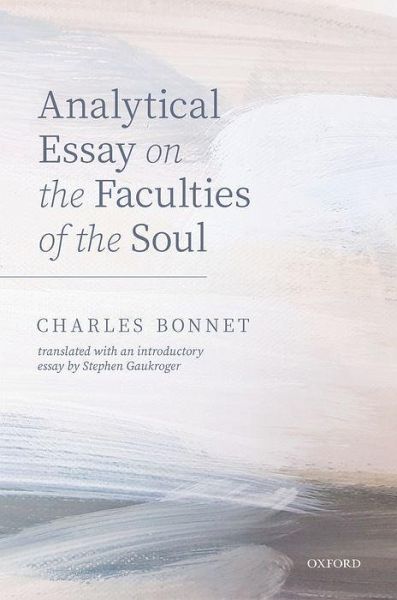
Charles Bonnet, Analytical Essay on the Faculties of the Soul
Versandkostenfrei!
Versandfertig in über 4 Wochen
98,99 €
inkl. MwSt.

PAYBACK Punkte
49 °P sammeln!
Stephen Gaukroger presents the first English translation of a landmark work in the understanding of the mind, Charles Bonnet's Analytical Essay on the Faculties of the Soul (1760), the first to offer a physiological approach to the sensations and operations of the mind.



